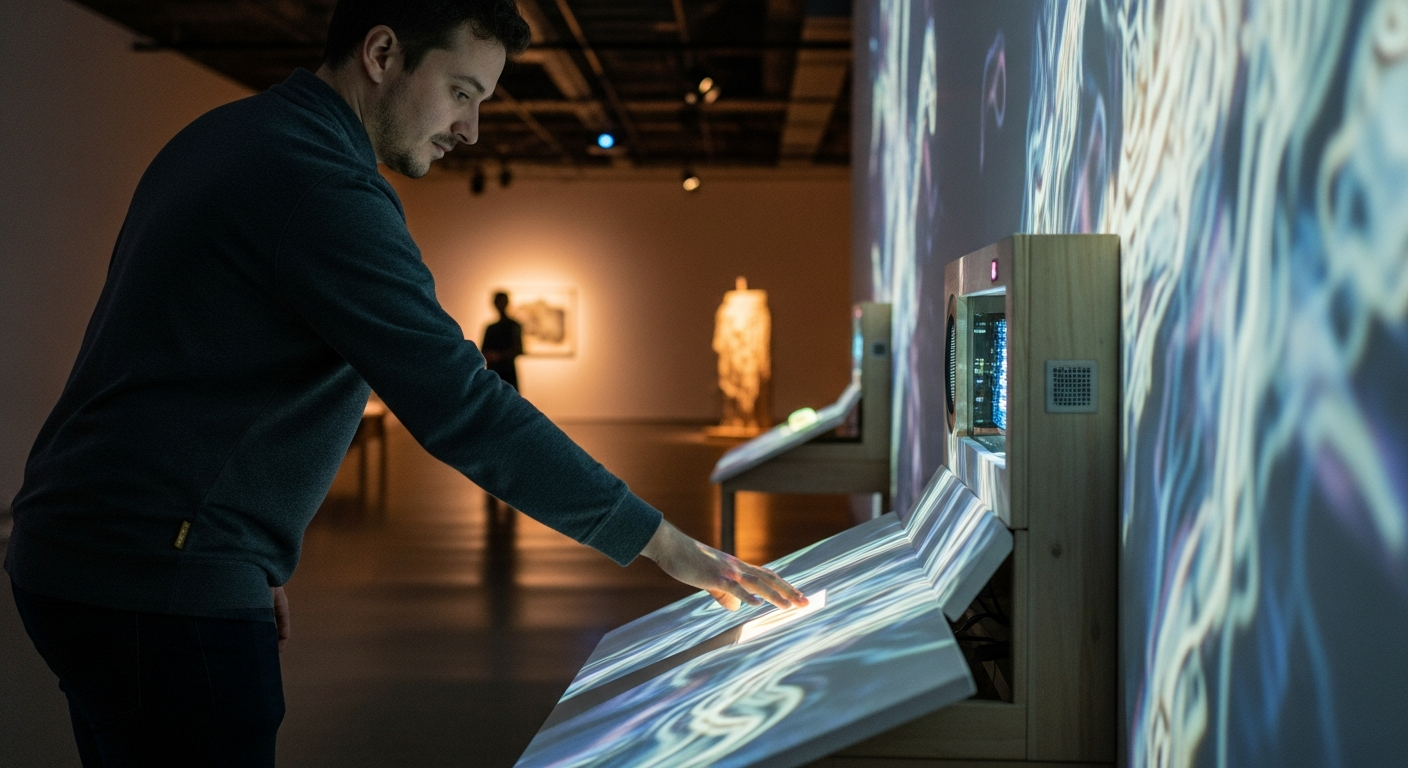Exploring the World of Astrotourism: Stargazing Adventures for Modern Travelers
In an era where light pollution dims our view of the cosmos, astrotourism emerges as a captivating way to reconnect with the night sky. This growing trend combines the allure of travel with the wonder of astronomical observation, offering unique experiences for those seeking to explore the universe beyond our planet. From remote dark sky reserves to specialized astronomical resorts, astrotourism is redefining how we perceive and interact with the celestial world above us.

Dark sky reserves and parks have become popular destinations, offering visitors the chance to witness celestial phenomena that are often obscured in urban areas. These protected areas not only preserve natural nighttime environments but also promote sustainable tourism practices that benefit local communities and ecosystems.
Astronomical Resorts: A New Frontier in Luxury Travel
The astrotourism trend has given rise to a new category of accommodation: astronomical resorts. These specialized properties cater to stargazing enthusiasts by offering state-of-the-art telescopes, guided night sky tours, and astronomy-themed activities. Many of these resorts are strategically located in areas known for their dark skies and clear weather conditions.
From dome-shaped rooms with retractable roofs to private observatories, these resorts provide immersive experiences that allow guests to fall asleep under a canopy of stars. Some even offer astrophotography workshops, enabling visitors to capture and share their celestial observations.
Celestial Events as Travel Catalysts
Astronomical events have become significant drivers for travel planning. Solar eclipses, meteor showers, and rare planetary alignments now spark global interest, prompting travelers to journey to optimal viewing locations. This phenomenon has led to the development of specialized tour packages and events centered around these celestial occurrences.
Tour operators have begun offering eclipse-chasing expeditions, taking groups to remote locations for prime viewing experiences. Similarly, annual meteor showers like the Perseids have inspired stargazing festivals and camping events in dark sky areas, combining astronomy with music, art, and outdoor activities.
The Intersection of Culture and Cosmos
Astrotourism also offers a unique opportunity to explore the cultural significance of the night sky across different societies. Many indigenous cultures have rich astronomical traditions, using celestial bodies for navigation, timekeeping, and spiritual practices. Travelers can now engage with these cultural aspects of astronomy through guided tours and educational programs.
In places like Chile’s Atacama Desert or Hawaii’s Mauna Kea, visitors can learn about both modern astronomical research and ancient celestial knowledge. This blend of science and culture provides a holistic understanding of humanity’s relationship with the cosmos.
Technology’s Role in Enhancing Stargazing Experiences
Advancements in technology have significantly enhanced the astrotourism experience. Mobile apps now allow travelers to identify constellations, planets, and satellites in real-time, turning casual observation into an educational adventure. Augmented reality (AR) stargazing apps overlay information onto the night sky, making celestial navigation more accessible to novices.
Additionally, improvements in telescope technology have made high-quality stargazing equipment more portable and user-friendly. Many astrotourism destinations now offer rentals of advanced telescopes and binoculars, allowing visitors to delve deeper into their astronomical observations without the need to transport bulky equipment.
Celestial Exploration: Tips for Aspiring Astrotourists
- Plan your trip around the lunar calendar; new moon periods offer the darkest skies for optimal stargazing
- Invest in red-light flashlights to preserve night vision while navigating in the dark
- Learn basic astrophotography techniques to capture your celestial experiences
- Consider joining local astronomy clubs or guided tours for expert insights and access to equipment
- Pack warm layers, even in summer, as temperatures can drop significantly at night in many stargazing locations
- Familiarize yourself with stargazing apps before your trip to enhance your celestial navigation skills
As we continue to seek new frontiers in travel, astrotourism offers a unique blend of adventure, education, and wonder. By turning our gaze upward, we not only explore the vastness of the universe but also gain a new perspective on our place within it. Whether it’s witnessing the Northern Lights dance across Arctic skies or counting shooting stars in a remote desert, astrotourism reminds us of the boundless beauty that exists beyond our terrestrial boundaries.






